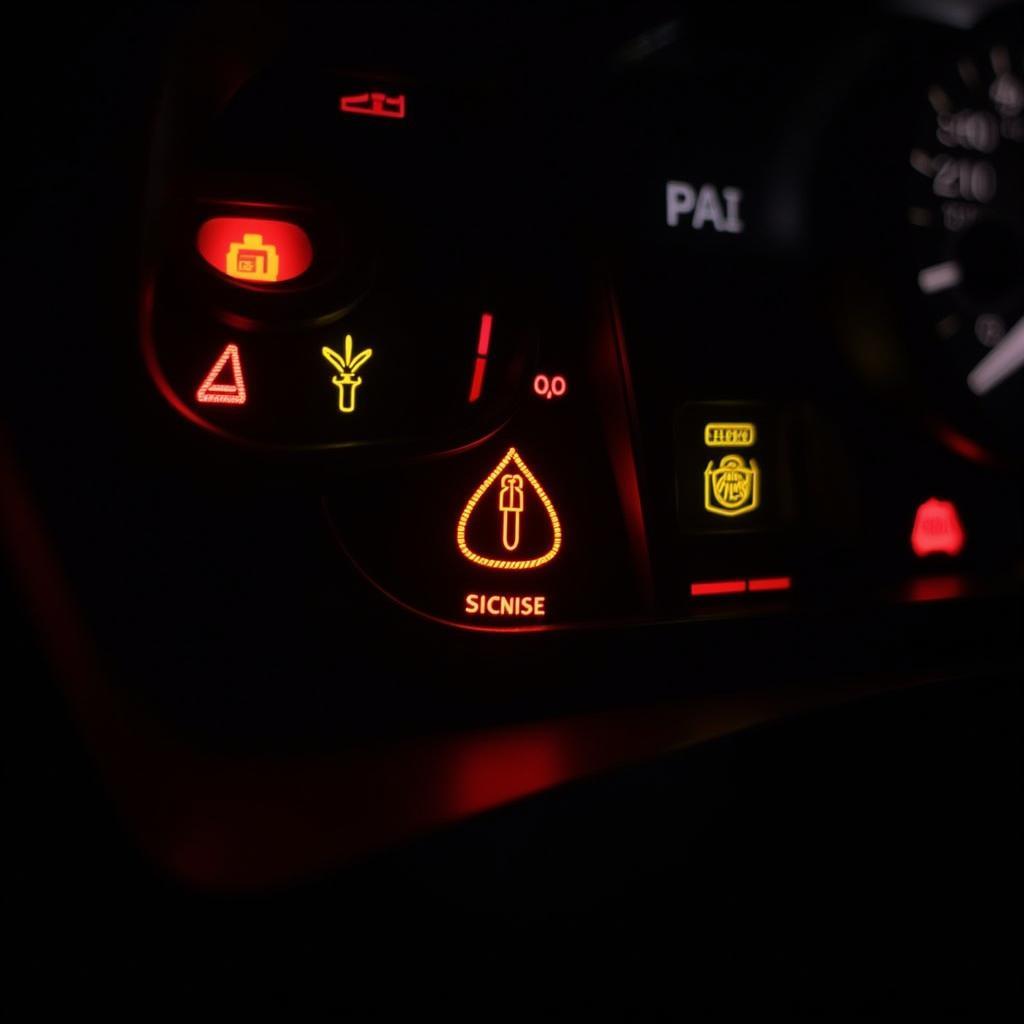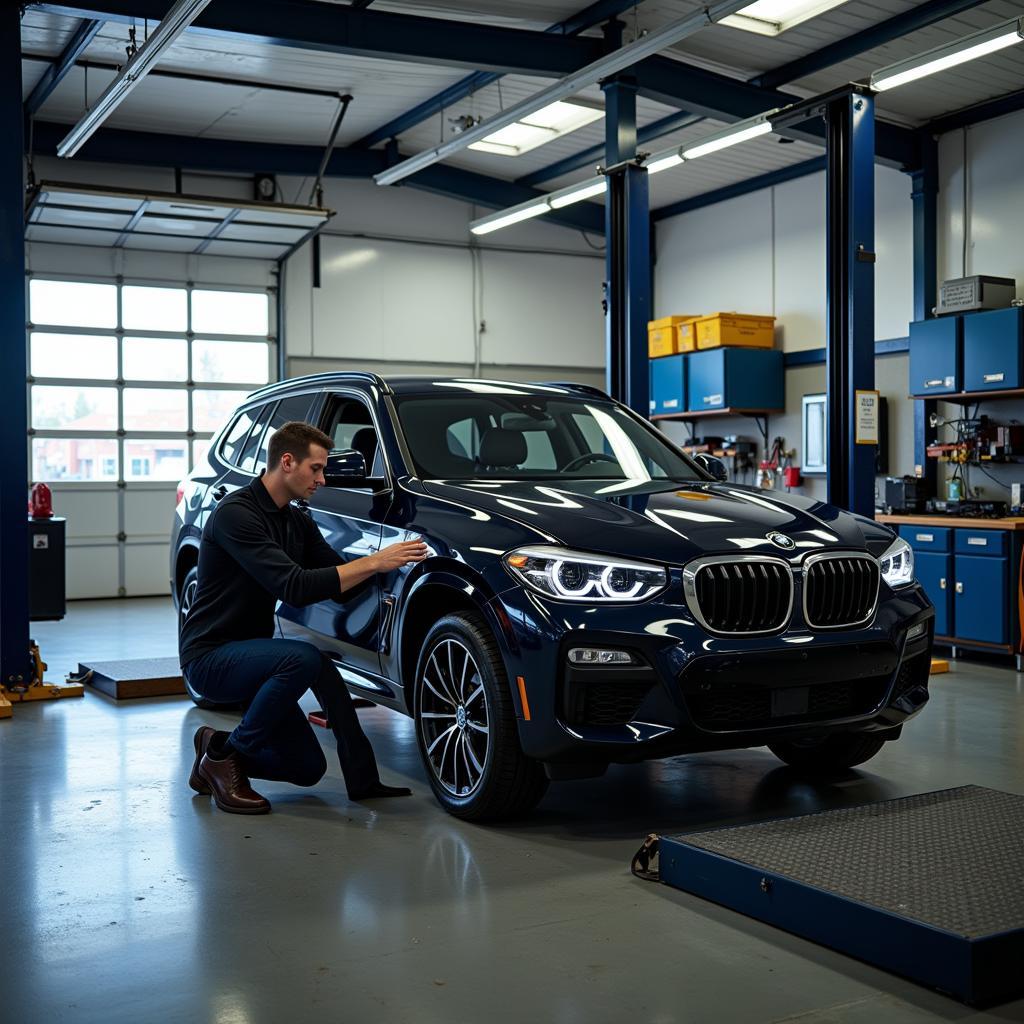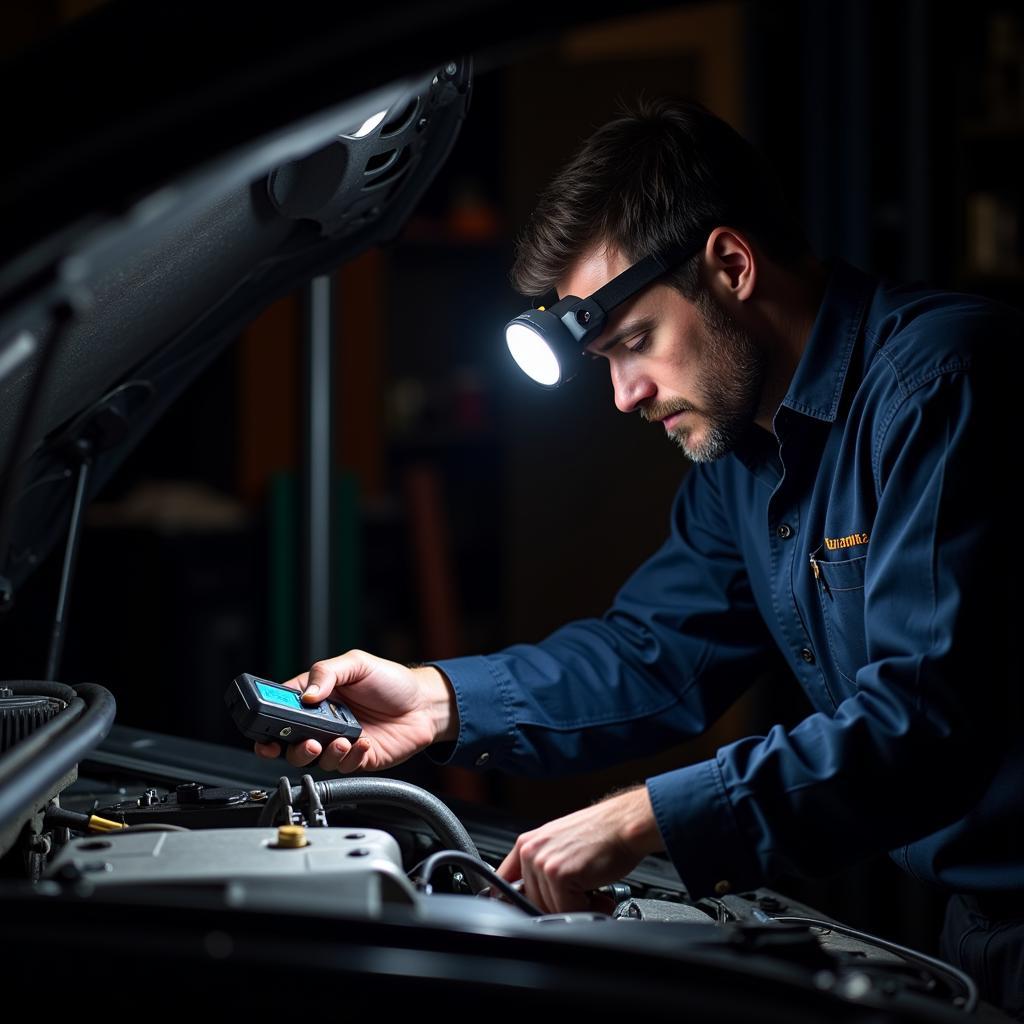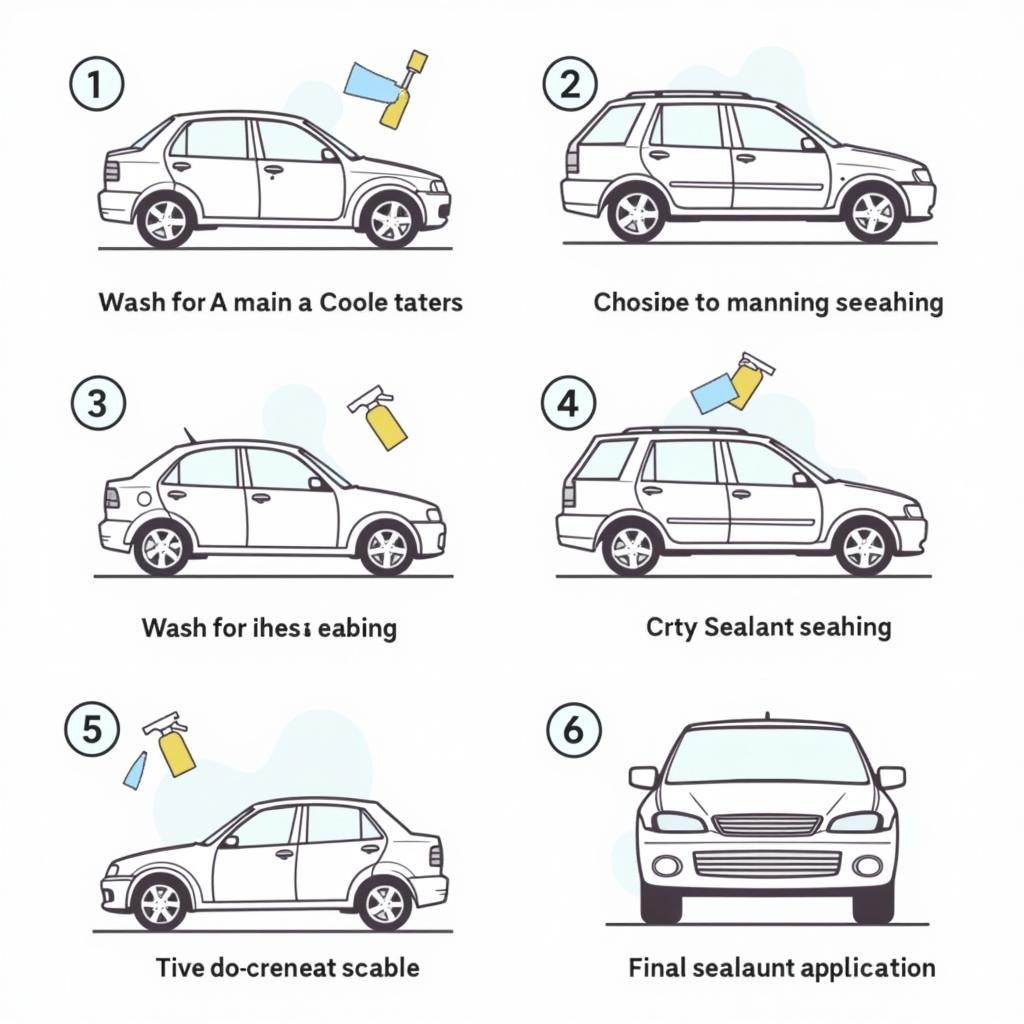How to Know What Service Your Car Needs
Knowing what service your car needs can feel like navigating a maze blindfolded. Is that clunking noise serious, or just your car’s way of asking for a snack? 🤔 Don’t worry, you don’t need a mechanic’s certification to understand your car’s cries for help. This guide will equip you with the knowledge to determine exactly what service your car needs.
Listen to Your Car: The Telltale Signs
Your car speaks to you, but not with words. Instead, it uses a language of sounds, smells, and sensations. Learning to interpret these signs is key to understanding its needs.
- Strange Noises: A symphony of squeaks, squeals, grinding, or knocking coming from your car is a sure sign something’s amiss. Each sound can point to a specific issue, from worn brake pads to a struggling engine.
- Warning Lights: Those illuminated icons on your dashboard aren’t just pretty decorations. They’re your car’s way of shouting, “Hey, pay attention!” Each light corresponds to a different system, like the engine, brakes, or airbags, indicating potential problems.
- Fluid Leaks: Spotting puddles under your parked car? Don’t ignore them! Different colored fluids signify leaks from different systems – greenish yellow could mean coolant, while reddish brown might indicate power steering fluid.
- Performance Issues: Is your car struggling to start, accelerate, or brake? These performance issues can signify anything from a dying battery to worn-out spark plugs.
 Car Dashboard Warning Lights
Car Dashboard Warning Lights
The Importance of Regular Car Maintenance
Just like we need regular check-ups, so do our cars. Sticking to a regular maintenance schedule is crucial for catching minor issues before they escalate into major headaches.
- Consult Your Owner’s Manual: This sacred text for your car outlines the recommended maintenance schedule based on mileage or time intervals. It’s your go-to guide for oil changes, tire rotations, and other routine services.
- Oil Changes: The Lifeblood of Your Engine Regular oil changes are like giving your car a refreshing drink of water. They lubricate engine parts, reduce friction, and prevent costly damage.
- Tire Rotations: Keeping You Rolling Smoothly Don’t underestimate the power of a good tire rotation! This simple service ensures even tire wear, extending their lifespan and improving your car’s handling.
 Car on Lift for Service
Car on Lift for Service
Decoding Common Car Problems
Let’s face it, even with the best care, cars can throw curveballs. Here’s a look at some common car problems and what they might mean:
- Car Won’t Start: This frustrating situation could stem from a dead battery, faulty starter, or ignition system problems.
- Engine Overheating: If your temperature gauge is creeping towards the red zone, it could signal a coolant leak, a malfunctioning thermostat, or even a head gasket issue.
- Brakes Feel Spongy: This could be a sign of air in the brake lines, worn brake pads, or a problem with the brake master cylinder.
 Mechanic Inspecting Car Engine
Mechanic Inspecting Car Engine
When to Seek Professional Help
While some minor car issues can be tackled with a DIY spirit, others require the expertise of a qualified mechanic. Here are some telltale signs it’s time to call in the pros:
- Warning Lights Persist: If a warning light stays on or flashes repeatedly, it’s best to have it checked by a professional.
- You Hear Unusual Noises: While some sounds are harmless, others can indicate serious problems. When in doubt, consult a mechanic.
- You Experience Performance Issues: If your car is struggling to start, accelerate, or brake properly, it’s time to schedule a visit to the shop.
Remember, timely car maintenance is an investment in your safety and the longevity of your vehicle. Don’t wait for a minor problem to turn into a major breakdown!
FAQs: How To Know What Service Your Car Needs
Q: How often should I get my oil changed?
A: Consult your owner’s manual for specific recommendations, but a general rule of thumb is every 3,000 miles or 3 months for conventional oil, and every 5,000-7,500 miles or 6 months for synthetic oil.
Q: What does the check engine light mean?
A: The check engine light can indicate a wide range of issues, from a loose gas cap to a serious engine problem. It’s best to have it diagnosed by a mechanic.
Q: How can I tell if my brakes need to be replaced?
A: Signs of worn brake pads include squealing or grinding noises when braking, a vibrating brake pedal, or the car pulling to one side when braking.
Q: What should I do if my car overheats?
A: If your car overheats, pull over to a safe location as soon as possible and turn off the engine. Do not open the hood or add coolant while the engine is hot. Call a tow truck or mechanic for assistance.
Q: How can I find a reliable mechanic?
A: Ask friends, family, or colleagues for recommendations. You can also search online for reviews of local mechanics. Look for a mechanic who is certified, experienced, and has a good reputation.
Need help figuring out what service your 2008 Smart Car needs? How to service a 2008 Smart Car. Click here to learn more!
Still unsure? We’re here to help!
Contact us via WhatsApp: +1(641)206-8880 or Email: [email protected]. Our 24/7 customer support team is always ready to assist you.

